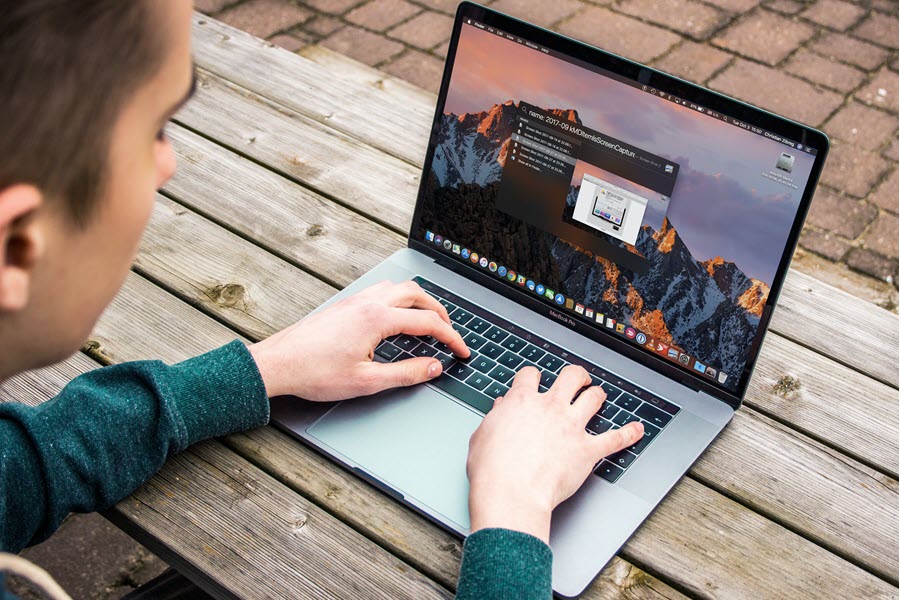
6 Symptoms of Malware Attacks & the Ways to Deal With Them
Malware attacks are among the most severe computer problems that bring along the anxiety and fear of losing access to data. If you, too, suffer this fear, the article is for you. However, you don’t have to worry about anything as there are multiple ways to protect your computer and other digital devices against different kinds of security threats.
What Is Malware?
Malware is malicious software that exists in different forms such as spyware, Trojan, worms, adware, or ransomware. No matter what you call it, the consequences of the attack are serious and similar. It can steal your personal information and sell it on the Dark web or can even encrypt your data and ask for a heavy ransom to gain access back.
A few steps can prevent you from falling prey to cybercriminals. All you need is to browse the web carefully. Here are some of the symptoms that alert you about possible malware intrusion and common things that you can keep in mind to stay safe and secure while you are on the web.
Annoying Pop-Up Ads
If you see pop-up ads too often while browsing, then it might be an indication of malware. These ads are linked to an unknown site, and if you accidentally click on them, your computer will be at risk. After that, the malware can steal or even corrupt your data, leaving it obsolete.
To get rid of the annoying pop-ups, you can block pop-up ads in the internet browser by going to the ‘Pop-ups and Redirect’ settings.
Loud Fan Noise
A noisy fan can be the result of overheating. If you are facing this problem, take note of all the running apps and close the unnecessary ones. As discussed earlier, the malware takes a lot of storage space on the hard drive; it can cause abnormal hang-ups, overheating, or similar issues.
Several viruses hijack your computer’s CPU power and use them to mine for cryptocurrencies, which in turn overheats your system.
Scan your computer using a professional antivirus application. Also, use a VPN service that will decrypt your IP address and hide it from
unauthorized access.
Slow Running Computer
Your computer runs slowly or takes a long time to reboot. It is probably because you have installed some not-so-secure problem either intentionally or accidentally. This can be a virus or, more severely, malware. Scan your computer by running the antivirus application that has been installed on your computer.
To get rid of this problem, it is much recommended to download an antivirus. Antivirus can detect malware and can delete it completely from your system. Do not rely solely on any ordinary antivirus apps, as there is malware out there that works like a polymorphic code, which means they can transform easily inside the system, and an average antivirus may not be able to detect it.
Unknown Social Media Messages
If you stay active on social media, you might receive a fake message from an unknown profile. Generally, cybercriminals send you a message with a link, and once you click on it, you get redirected to another site. That works the same as any regular pop-up adware. They can easily make you pray by presenting them as legitimate sources and can even gain access to your credentials.
Do not click on any link if you find it suspicious or you don’t know the origin. Block that account instantly and report it to the social media company as soon as possible.
Blue Screen of Death
If your system stops working suddenly or restarts abruptly several times then the hardware is to be blamed. If not, then the computer is the victim of a malware attack.
If you are so sure that the Blue Screen of Death occurs because of any security lapse, there’s nothing much you can do to bring it back to the normal working state. You must consult a professional.
Low Storage Space
When any malware or virus enters your system, it will try to multiply itself to infect all the programs and apps. It can also manipulate your system files and even consume a lot more space on the hard drive. So if you are getting low hard disk space messages frequently despite clearing the contents on the storage media, your computer is infected.
Go to the Settings and check if everything is in place. If you find a program that you might not have installed on your computer, delete it right away. After deleting any such item, run a full scan to detect no other program exists that might put your computer at risk.
The Conclusion
With the growing technological advancements, malware attacks have also become common. A little negligence can result in losing access to data, and it can damage the device beyond repair. Make sure to think twice before you click a link or download an app and go for legitimate sources only.
With a solid foundation in technology, backed by a BIT degree, Lucas Noah has carved a niche for himself in the world of content creation and digital storytelling. Currently lending his expertise to Creative Outrank LLC and Oceana Express LLC, Lucas has become a... Read more